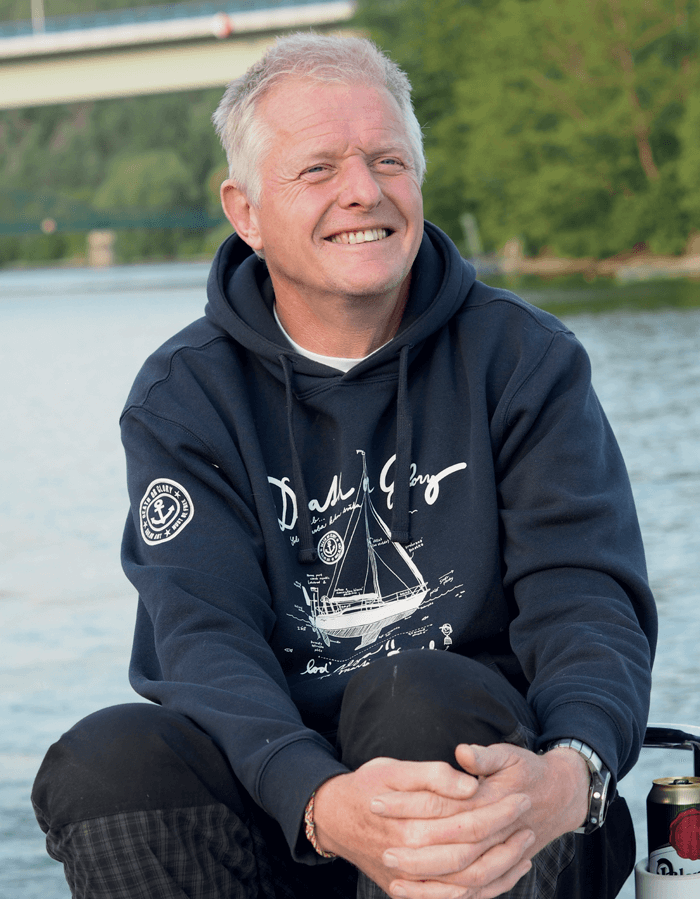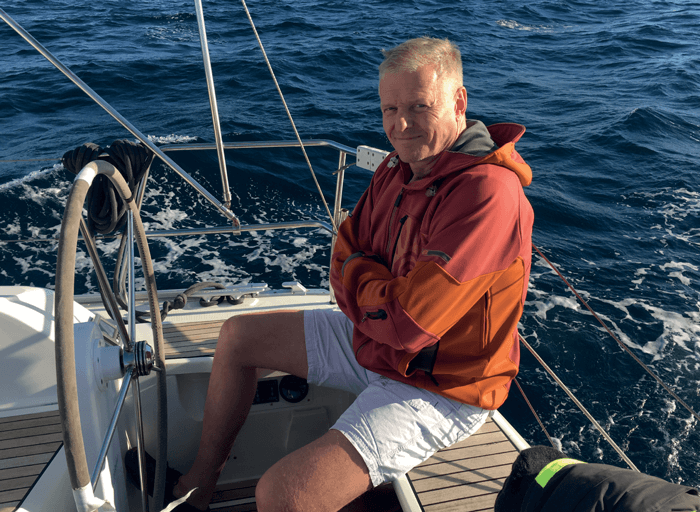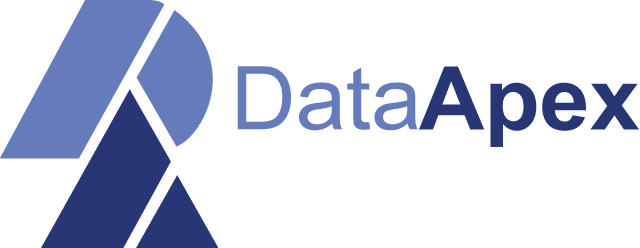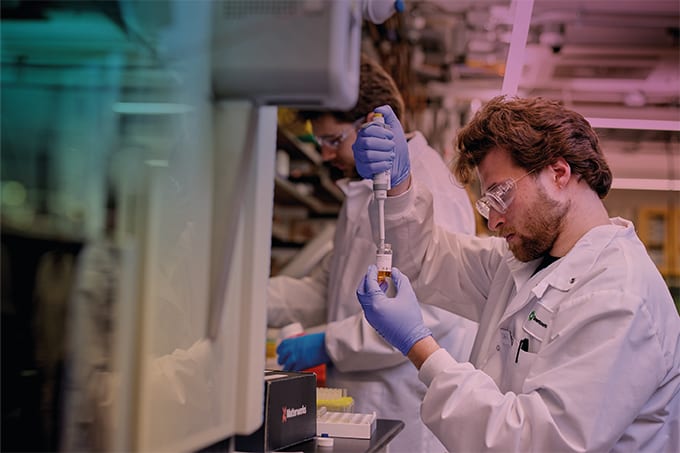Tell us about the genesis of DataApex…
I was born and raised in communist Czechoslovakia, which was occupied by the Soviet army since I turned four. My great love and hobby since childhood was electronics and later computers, which I eventually studied at university in the 1980s – though I never actually saw a computer with my own eyes the whole time! Immediately after the fall of communism in 1989, my friends and I started thinking about starting a business.
But I suppose it was my then mother-inlaw who was really responsible for founding DataApex. She was an excellent scientist, but her instrumentation was limited. In the early 1990s, she asked me if I could build a better integrator for her – in other words, a tool for measuring and evaluating chromatograms.
Sometimes things come together at the right time in the right place. My best friend – an excellent programmer – was studying for his PhD at the University of Science and Technology, Czech Republic, and his friend was writing his thesis on modern integration algorithms at the same time. So, a decision was made, and six months later we handed over to my mother-in-law the first working version of the PC software, including our own A/D converter.
What challenges did you face starting a software company from scratch in those times?
There were many challenges; where should I start? First, a computer in the early 1990s cost about 10–20 monthly salaries; we couldn’t afford to buy one, so we took turns using one at the university. Second, A/D converter parts were also pricey (for us), so we had to visit the electronic bazaars in Munich to drive down the cost. Third, because private business was forbidden in Czechoslovakia for 40 years until 1989, we didn’t have many mentors to learn from. The list is long but, fortunately, we were young and full of optimism about the freedom we had gained, so we embraced all the challenges!
Tell us about your chromatography software, Clarity, and the company culture…
I can say with some satisfaction that Clarity is a mature product after thirty years of development. The current generation – our third iteration – speaks six languages, runs over 1,000 chromatography instruments across almost every manufacturer around the world, and is sold in more than 100 countries.
Though we are a single product company, we have several variants of Clarity that cover the needs of diverse customers; we have simple and affordable software for legacy chromatographs (it is often impossible to find original software), an educational version for universities, and more sophisticated solutions for tightly regulated markets and GC/LC-MS instruments, for instance. But all variants share one thing in common: they are reliable and easy to use.
And because we’re a single product company, all staff are united by a singular focus, which results in a family-like atmosphere and a level of dedication that is otherwise hard to cultivate. As a result, our customers are often surprised by how quickly our support team reacts – sometimes they ask if our support colleagues get any sleep. (Yes, they do!).
Finally, our chromatography instrument manufacturer partners know and trust that we are – and want to continue to be – an independent and vendor-neutral company.
Where can people find out more?
Our company policy is very open and virtually all information is available on our website (dataapex.com). We post all news on social media, especially on LinkedIn, and there are dozens of short tutorial videos and brief video tips and tricks available on YouTube, for example. We have an extensive network of trained distributors all over the world. We also offer demos or free trial versions.

What’s your guiding philosophy?
Yachting is my second life. Sailing gives me tremendous freedom but also demands respect, responsibility, and perseverance. And the same values apply to our successful and happy business.
I think we’ve done well in part thanks to our ability to improvise and not have unrealistic expectations (one of the few advantages of living under the communist regime!). That said, we’ve always been clear about a few things: We did not want to be the biggest or the richest but instead a valued company with satisfied partners, customers, and employees. We wanted a company where we’d want to work ourselves – with colleagues and friends, not just “employees.” We preferred quality – expertise, performance and morality – over quantity. And over time, I learned that time is more valuable than money, which itself is only a means and not a goal in and of itself.
I like to say that, if there’s a problem, it’s always ours – it’s never the user's fault. Today, there are 40 of us in the company, and our aim is to ensure that everyone understands the purpose and ultimate benefit of their job.

What are your hopes for the field – and for DataApex?
I long for a unified communication interface for all analytical instruments that is independent of manufacturers and available to all – as well as a uniform analytical data format for easy exchange and sharing among software platforms. Everyone in the industry is calling for both – but, for many reasons (some obvious and some unclear), neither are forthcoming.
Finally (and mainly), I dream of delivering Clarity to a lab on Mars!





